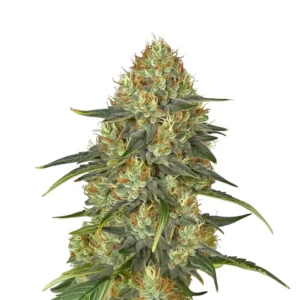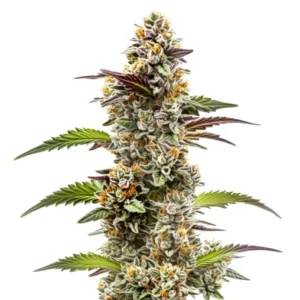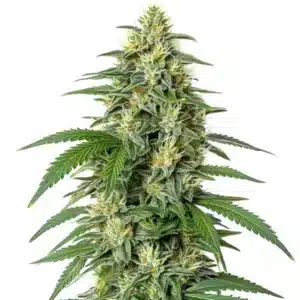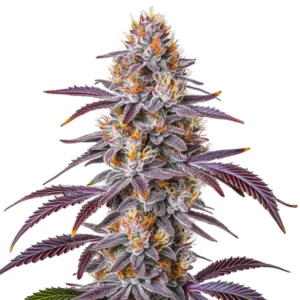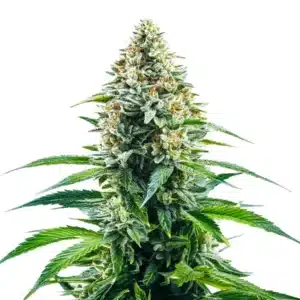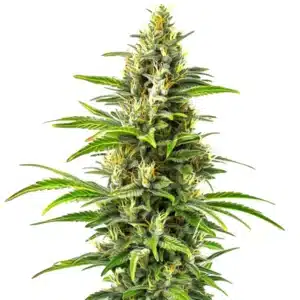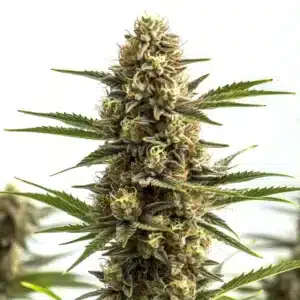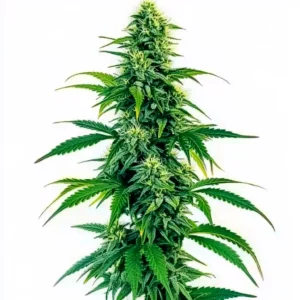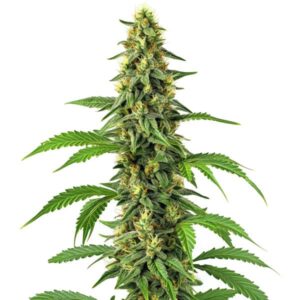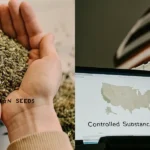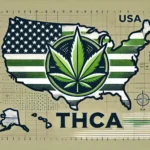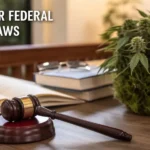
Is THCA Legal in New York? Decoding Cannabis Regulations
Legal Status of THCA in New York
Current Cannabis Legislation Snapshot
The legalization of cannabis in New York has ushered in a new era for cannabis enthusiasts and businesses alike. In March 2021, the New York State legislature passed the Marijuana Regulation and Taxation Act (MRTA), which legalized adult-use cannabis and transformed consumption, cultivation, and commerce. Consumers now inquire, “is thca legal in new york” as they seek clarity on this evolving legal landscape. This act reshapes market practices and empowers individuals while clarifying aspects of non-psychoactive compounds.
Adults aged 21 and over now enjoy legal possession of up to three ounces of cannabis and the ability to cultivate up to six plants at home. The MRTA targets THC and its intoxicating effects, yet the position of THCA remains ambiguous. Enthusiasts and professionals regularly ask about the legal treatment of THCA in New York to grasp the nuances in these regulations. Consumers and industry players maintain vigilance and seek legal guidance as they navigate this dynamic framework.
Recommended Strains
Jungle Lava
|
|
THC | 25% - 27% (High) |
|
|
Type | Feminized |
|
|
Yield | High |
|
|
Phenotype | 70% Indica / 30% Sativa |
Jungle Breath
|
|
THC | 24% - 28% (High) |
|
|
Type | Feminized |
|
|
Yield | High |
|
|
Phenotype | 80% Indica / 20% Sativa |
Specifics on THCA Regulations
THCA, or tetrahydrocannabinolic acid, serves as the acidic precursor to THC and attracts interest for its therapeutic potential without intoxication. New York law does not explicitly mention THCA, prompting consumers to explore its permissible usage and seek clear guidelines on its legal standing. This gap in explicit regulation challenges authorities and cultivators alike, compelling them to interpret existing laws creatively while safeguarding public safety.
Industry professionals and legal experts advise that consumers can possess and use THCA-rich products provided they adhere to cannabis laws. Users monitor updates closely and often remark on the evolving interpretations of THCA regulations to understand emerging insights. Consumers trust licensed vendors that comply fully, ensuring that non-psychoactive THCA products reach the market safely, efficiently, and with complete transparency.
Enforcement Practices in the State
New York police and regulatory bodies now emphasize education and compliance over punishment, fostering a culture that values responsible cannabis use. Even with this progressive stance, the ambiguity of THCA leaves room for varied interpretations and occasional legal complications. Many consumers inquire about the status of THCA in everyday discussions with experts and peers. Government agencies pursue active engagement with communities, ensuring clarity through outreach and updated guidelines.
Local enforcers and industry advocates work hand in hand to clarify practical applications of cannabis laws. Consumers remain vigilant and often ask about consistent enforcement practices regarding THCA regulations as they check for uniform application. Such proactive measures in the field help businesses and users achieve accountability and transparency in an industry characterized by rapid growth and ongoing change.
Promos & Deals
Regulatory Agencies and Policies
Function of New York Authorities
The New York State Office of Cannabis Management (OCM) leads the charge in implementing cannabis laws, including aspects that touch on THCA. This organization provides guidance on licensing, compliance, and quality assurance, ensuring that both consumers and businesses obtain reliable support. Many industry insiders recite, “is thca legal in new york” during consultations with the OCM as they navigate strict guidelines and market expectations.
Stakeholders value the OCM’s clear policies, which help them secure necessary approvals and sustain high quality in their products. An active dialogue emerges as professionals discuss THCA regulatory clarity in meetings and publications. This clear direction promotes a thriving market where effective regulation meets innovation in cannabis retail and cultivation.
Licensing and Compliance Procedures
Businesses must obtain detailed licenses before operating in New York’s cannabis sector. The OCM establishes distinct licensing categories for cultivators, processors, and retailers, each with rigorous standards. In discussions about compliance, many repeat, “is thca legal in new york” as they verify that all documentation meets the latest standards. Companies pride themselves on transparent operations and strict adherence to every regulatory benchmark.
Entrepreneurs and established businesses share strategies on maintaining compliance, emphasizing proper testing and product labeling. They often incorporate regulatory guidance into training sessions and compliance manuals. Clear and precise licensing procedures empower businesses to build trust with consumers while sustaining robust market operations that comply fully with legal mandates.
Recent Policy Changes
The cannabis framework in New York evolves continuously, with recent policy updates clarifying previously ambiguous aspects of the law. Recent amendments, including new guidelines by the Food Standards Agency, provide sharper definitions on product contents and safety standards. Stakeholders and legal observers now frequently inquire about THCA’s position to discuss the implications of these changes. Such updates drive further innovation and higher accountability in the industry.
Market dynamics prompt regulators to adjust policies that address safety concerns while encouraging growth. Consumers and businesses alike refer to THCA regulation issues in forums, seminars, and industry publications. These discussions promote a cooperative environment, where forward-thinking measures translate into improved market practices and enhanced consumer protection.
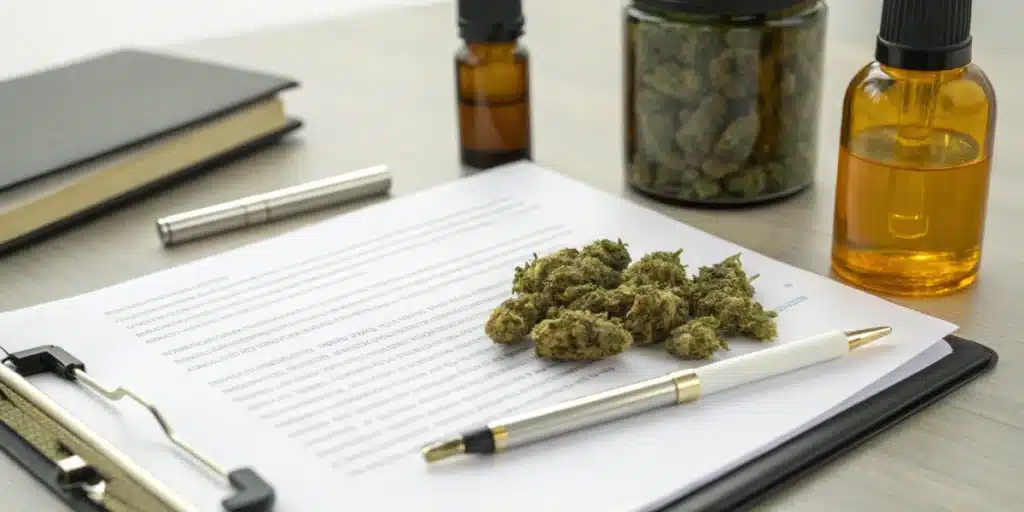
Medical vs. Recreational Considerations
Medical Usage Guidelines for THCA
Patients often explore cannabis products for therapeutic relief, and THCA presents significant potential due to its non-psychoactive properties. New York allows registered patients to use cannabis products for various conditions, including chronic pain and anxiety. Healthcare professionals and patients alike discuss the appropriate legal parameters of THCA as they weigh treatment options and product benefits. Medical practitioners provide personalized advice, ensuring that therapies align with patient needs and legal norms.
Patients collaborate closely with their providers to assess the benefits of THCA, focusing on its therapeutic applications without intoxication. They ask questions to verify that their chosen products meet all legal and safety standards. This proactive engagement enhances patient care and supports better health outcomes within New York’s regulated medical cannabis framework.
Recreational Cannabis Limits
Adults in New York enjoy personal use rights that allow possession of up to three ounces of cannabis, embracing a regulated recreational market. Consumers pay attention to these limits, noting that even THCA-rich products fall under the same guidelines. Many casual users comment on the state’s approach to THCA within the broader framework of recreational product safety. This clear structure supports responsible consumption and shields users from potential legal pitfalls.
Recreational guidelines ensure that every consumer meets age and purchase requirements, which local vendors enforce with care. Enthusiasts regularly confirm product compliance at dispensaries when reviewing recreational guidelines. This active adherence to guidelines secures a safe marketplace where recreational enjoyment meets legal compliance, strengthening consumer confidence consistently.
Impact on Patient Access
Enhanced legal frameworks in New York have broadened patient access to a wider range of cannabis products, including those rich in THCA. Patients now find numerous dispensaries offering products tested for safety and compliance, supporting both therapeutic and everyday needs. As patients seek clarity, they frequently explore the legal distinctions that affect new product lines. This transparency helps patients choose high-quality, reliable options that align with their health goals. It remains a frequent question among consumers whether is thca legal in new york.
Market Implications and Industry Effects
Business Opportunities and Risks
The legalization of cannabis in New York opens abundant opportunities for entrepreneurs, and THCA represents an enticing niche within this thriving market. Companies seize new chances to innovate, all while managing risks that stem from ambiguous legal details. Business leaders often reference, “is thca legal in new york” during strategic planning sessions to ensure they meet every compliance metric. Innovators pursue clear market advantages by aligning products with the latest legal standards and consumer demands.
Entrepreneurs constantly adapt to shifting policies, monitoring legal updates and emerging trends in product development. They discuss regulatory developments to reaffirm their competitive strategies and ensure product integrity. Such proactive measures help businesses minimize risk and capitalize on market growth while operating in a demanding regulatory environment effectively.
Consumer Trends and Demand
Consumers become more educated about cannabis and its various compounds, leading to increasing demand for THCA products. Many users appreciate the benefits of non-psychoactive cannabinoids, and they seek products that deliver quality and consistency. Frequent discussions include queries regarding THCA’s legal framework as consumers verify that products comply with strict standards. This trend fuels market expansion and drives product innovation within the industry.
Businesses monitor these consumer preferences carefully, adjusting inventories and marketing strategies to meet a dynamic demand. Enthusiasts and customers reiterate the importance of regulatory compliance when reviewing product information and vendor certifications. The emerging trend of informed consumerism creates a robust market environment where reliable, legally compliant products enjoy sustained popularity and trust.

FAQs about is thca legal in new york
Does New York law specifically address THCA?
New York law does not clearly mention THCA, which creates a gray area for its legal status. Consumers and experts often seek clarity on this subject, finding that most authorities accept THCA-rich products as long as they comply with overall cannabis regulations. Consumers actively verify that vendors adhere to strict quality controls before purchasing.
How do medical cannabis laws affect THCA usage?
Medical cannabis laws in New York allow registered patients to use a range of cannabis products for qualifying conditions, though they do not specifically mention THCA. Patients and providers discuss appropriate regulatory interpretations when choosing products that fit their therapeutic needs. Many patients use THCA for its potential benefits while avoiding psychoactive effects, ensuring a tailored approach to symptom management. Ultimately, many ask themselves if is thca legal in new york, reflecting ongoing uncertainties.
What are the penalties for non-compliance with THCA regulations?
Since THCA occupies an ambiguous legal space, penalties vary if businesses or consumers fail to comply with New York’s cannabis regulations. Authorities sometimes enforce fines, product seizures, or license suspensions for significant violations, prompting frequent discussions among industry stakeholders on regulatory interpretation. Consumers and businesses maintain strict operational standards to avoid any legal repercussions.
Legal experts advise regular audits and compliance checks to minimize risk. When issues surface, parties refer to updated regulatory guidance during legal consultations to update their practices. This proactive approach helps maintain safe and consistent market behavior and protects both consumers and businesses from potential enforcement actions effectively.


